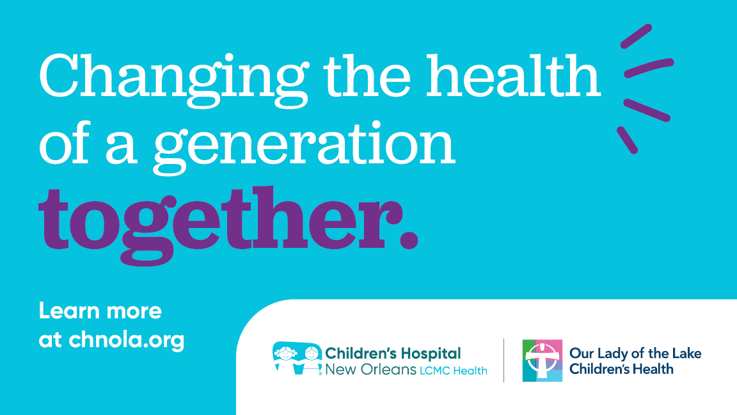Keeping the sugar bugs away
- Category: General Health, Parenting
- Posted on:
- Written By: Suzanne Fournier, DDS

How do kids get cavities, and what can we do to prevent them?
Cavities, or as dental professionals call them, caries, are considered an infectious disease and are caused by bacteria (aka sugar bugs) that spread through saliva. This means that if we can prevent the spread of the germs, we can hopefully lower a child's risk for cavities. Bacteria spreads through saliva contact, so we want to be careful to not blow on foods to cool them off, share drinks, share utensils, put pacifiers in your mouth to “clean” it off before giving it back to the baby, etc.
Whenever you eat or drink something with sugar in it, bacteria take in the sugar and make two things: 1) they make themselves sticky, which is what causes plaque accumulation and why dentists talk so much about brushing and flossing where teeth are touching; and 2) they make lactic acid, which is the same acid our muscles make when we run fast. The only problem with the bacteria is that they do not have lungs like we do to breathe. It is not as much the quantity, but rather the frequency of sugar consumption that will cause cavities. It is better to eat and drink sugary things with a meal. That will give the mouth the 2-3 hours it needs to bring the acid level back to neutral.
It is best to drink fluoridated water between meals to allow time for teeth to absorb the fluoride, which will make them more resistant to acid insults at mealtime. Kids can start drinking water from a two-handled cup starting at 8 months old. Check the state's website to see if your area is a fluoridated municipal water supply. If you prefer to purchase bottled water, there are some that have the right amount of fluoride (Nursery water and Kentwood springs with fluoride are the two most readily accessible brands). Another way to increase the strength of enamel is to not rinse after brushing teeth with fluoridated toothpaste (this is true for all ages and adults, too!). The AAPD recommends a smear or grain of rice size amount of toothpaste for children 2 years old and under.
For snacks, we like to recommend protein-based snacks as they will not cause cavities like carbohydrate-based ones. For example, cheese, yogurt, nuts, nut-butters, hummus, beans, and eggs are great. Additionally, we love fresh fruits and vegetables. All fruits have sugars, but the red and blue skinned fruits have something called flavonoids in their skin that will help prevent cavities. The best ones are apples, strawberries, blueberries, raspberries, cherries, and cranberries. The only real exception to that rule are grapes. Try to keep fruits to one sitting rather than letting kids graze and munch on them every 5-10 minutes as that can still promote the cavity process.
Trauma prevention
Please make sure your house is baby-proofed including, but not limited to rounded corners, moving coffee tables to the periphery of the room and padding exposed edges, and hiding electrical cords. We find especially with the eruption of the canines, toddlers like to chew on electrical cords. This can be especially dangerous and result in electrical burns in the corners, or commissures, of the mouth.
Teething
If your child is having a hard time with teething, there are a few tricks that can help. First, start massaging the gums with a wet washcloth at bath-time. You can start this before teeth even erupt. Healthy gums teethe better. Once teething starts, we recommend cold teether supports such as silicone baby banana brushes, damp washcloths put in the freezer, or other such teething toys. You can also give your child ibuprofen or acetaminophen (Motrin/Advil or Tylenol). For Ibuprofen, infants 12-17 lbs can take 1.25mL and 18-23lbs can take 1.875mL. For Tylenol, infants 12-17lbs can take 2.5mL and 18-23lbs can take 3.75mL. We caution against the use of orajel or other topical anesthetics that contain benzocaine as that can cause methemaglobinemia. We also caution against Hylands Teething tabs as they often contain belladonna, which can cause seizures. Lastly, we do no recommend amber teething necklaces because they could be an asphyxiation (causing strangling) or aspiration problems.
Learn more about the Children's Hospital New Orleans Dental Clinic here.



